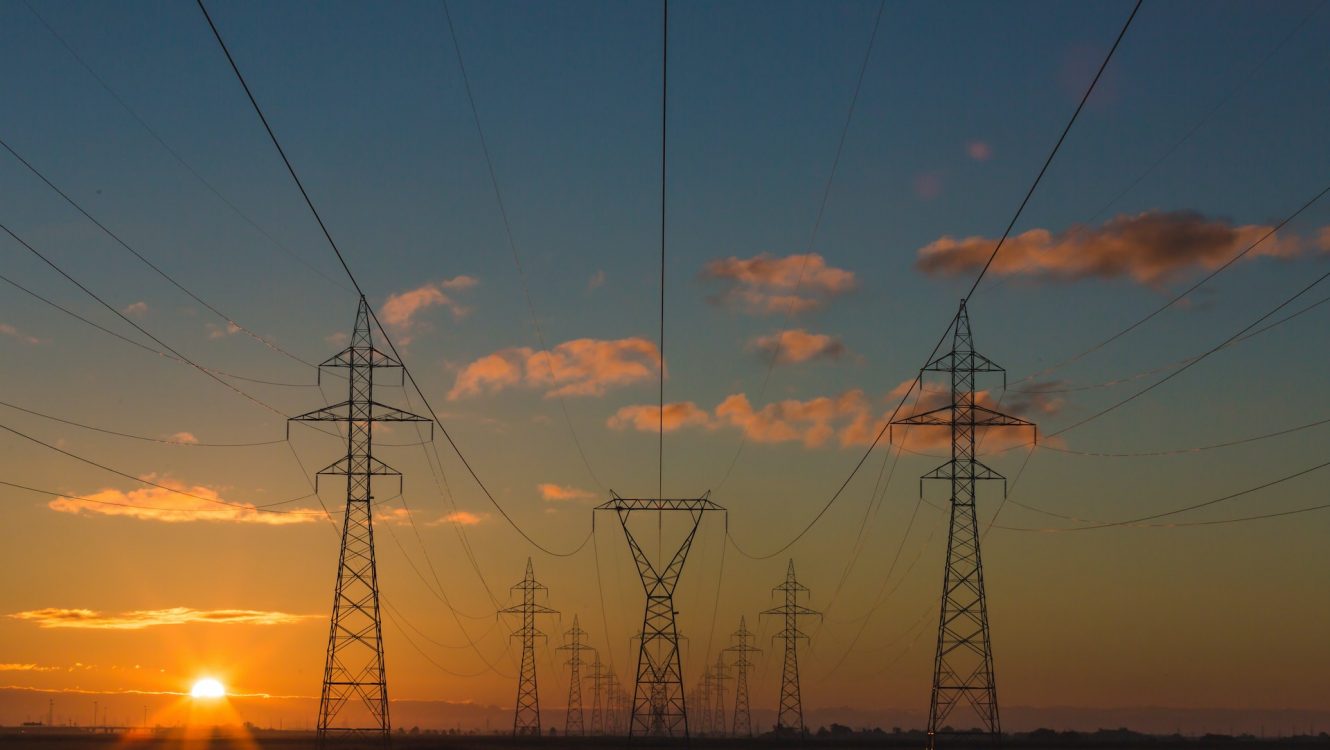Empowering the Everyday Energy Consumer: The Next Frontier in Climate Action
As nations grapple with the impending threats of climate change, the narrative surrounding our energy transition is often framed around large-scale technological advancements, policy decisions, and international diplomacy. However, a crucial component—perhaps the most influential of them all—remains overlooked: the individual energy consumer. With the potential to reshape the global energy landscape, consumers stand at the crux of ushering in a new era of clean energy.
The Underestimated Power of the People
The continued dependence on fossil fuels presents a two-pronged challenge: escalating environmental repercussions and surging energy prices. Yet, even as the urgency to shift away from these conventional sources intensifies, the question arises: are consumers adequately equipped to champion this change?
A survey found that a staggering three-quarters of respondents across Europe, North America, and the Asia Pacific are deeply concerned about climate change. Still, only half feel they possess the knowledge or means to effect meaningful change. To put the enormity of individual energy consumption into perspective, the average person’s energy-related carbon footprint equates to driving an SUV for a year and a half or taking two transcontinental flights. Thus, the scope for individual action is vast.
In Malaysia, a simple experiment revealed the transformative power of an informed citizenry. A leading utility company dispatched detailed energy consumption reports to 450,000 homes, and the results were startling: households slashed their energy demands by an average of 3%, without relying on state-of-the-art tech or awaiting governmental nudges.
Bridging the Knowledge Gap: Technology and Access
The transition to cleaner energy is not solely about the adoption of solar panels or wind turbines; it’s as much about arming consumers with the tools and knowledge to make informed decisions. Here, the disparity in access becomes starkly evident.
While countries in the EU and Australia have institutionalized consumer access to energy consumption data, many parts of the world lag behind. The technology to facilitate this transparency, notably smart meters providing real-time energy usage insights, exists. Not only do they shed light on consumption patterns, but they also facilitate dynamic pricing, enabling users to leverage cost-effective, cleaner energy at opportune moments.

Smart meters help you save energy
However, this access remains disproportionate. China and the U.S., for instance, have seen a wide adoption of smart meters, with 100% and 70% of their populations respectively utilizing the tech. Conversely, in regions like Latin America and India, the numbers dwindle to a mere 3% and 2%, underscoring an urgent need to democratize access to these tools.
Pioneering New Avenues: Innovative Business Models
Mere access to data isn’t enough. Empowering consumers requires a fusion of favorable policies, incentives, and groundbreaking business models. The Rwanda Cooling Initiative offers a glimpse into the possibilities. Through the Green On-wage financing mechanism, consumers can access interest-free loans to invest in energy-efficient cooling systems, seamlessly repaid via their salaries.
These models not only promote energy efficiency but also bring underrepresented communities into the fold, allowing them to actively contribute to the climate solution.
A Call to Action: Governments at the Forefront
The universal transition to sustainable energy isn’t solely a people’s movement; it mandates proactive governmental involvement. National energy strategies need to pivot towards consumer empowerment, ensuring everyone can benefit from clean energy consumption equitably.
This involves forging robust regulatory frameworks, amplifying investment in renewables, fortifying grid infrastructures, and phasing out fossil fuel reliance.
In Conclusion
The path to a sustainable future doesn’t solely lie in grand gestures but in everyday choices by empowered citizens. As we stand at a pivotal juncture in our battle against climate change, recognizing and harnessing people power could very well tip the scales in our favor. The time for concerted, collective action is now.
©globalgreenhouse.eu


